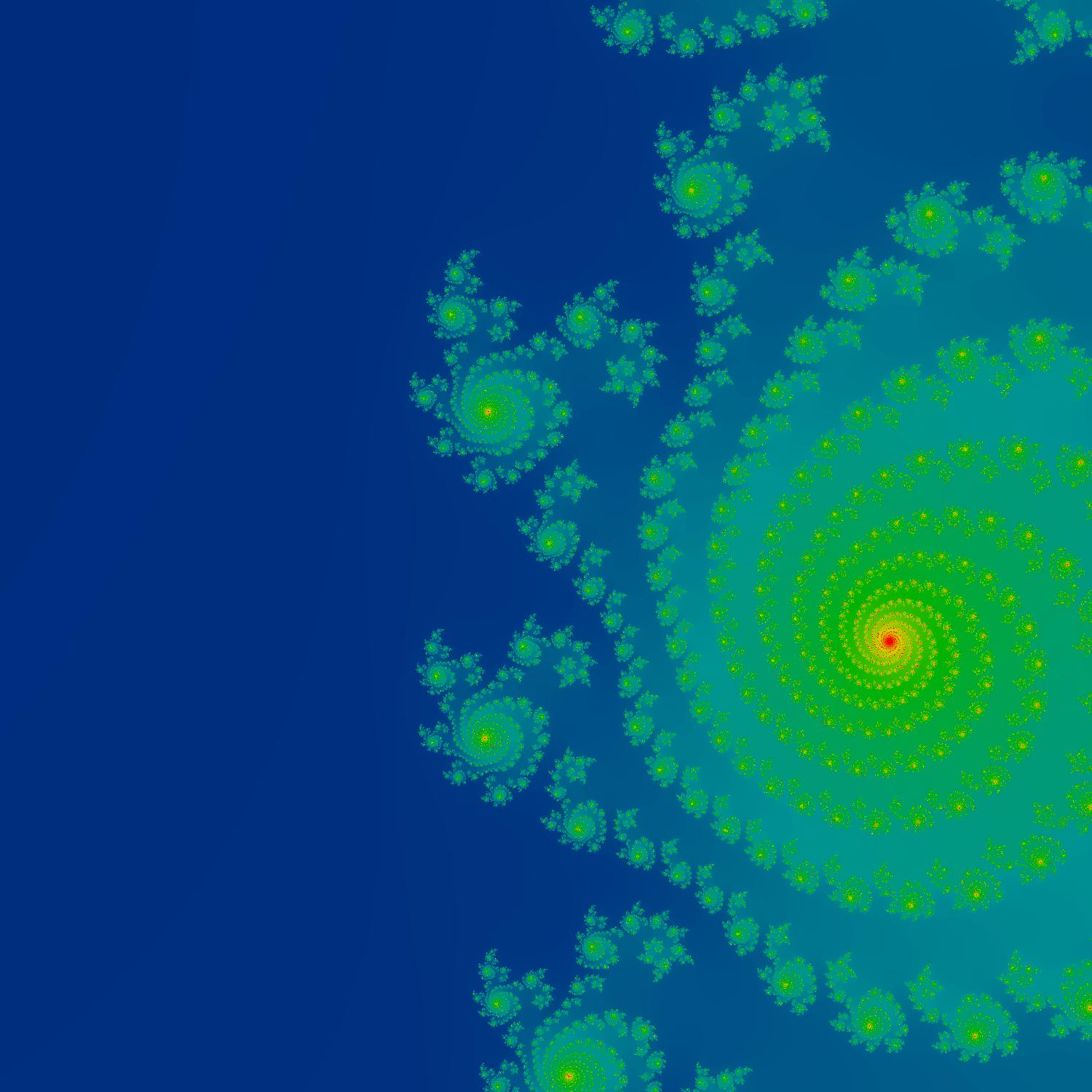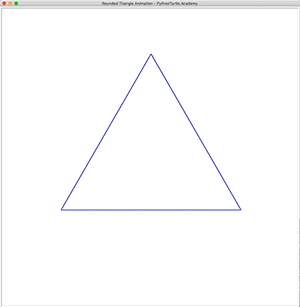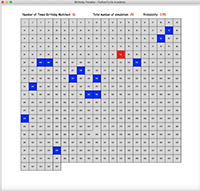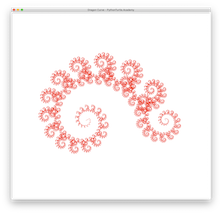Write a Python program to generate hundreds of images of Julia Set with ever zooming ranges. Please note that Turtle is not used in this project for speed consideration. Then use an external software to combine the images into a video:
The video above zooms into the center at 0.0958598997051 + 1.1501990019993i with c = 0.355 + 0.355i. In each iteration the range shrinks by 5% until the range becomes 1/10^13 the size of the original range. You can modify the code to try different centers and c. The following is the source code:
from PIL import Image
import colorsys
cx = -0.7269
cy = 0.1889
R = (1+(1+4*(cx**2+cy**2)**0.5)**0.5)/2+0.001
max_iteration = 512
print(R)
w, h, zoom = 1500,1500,1
def julia(cx,cy,RZ,px,py,R,max_iteration,x,y,minx,maxx,miny,maxy):
zx = (x-minx)/(maxx-minx)*2*RZ-RZ+px
zy = (y-miny)/(maxy-miny)*2*RZ-RZ+py
i=0
while zx**2 + zy**2 < R**2 and i < max_iteration:
temp = zx**2 - zy**2
zy = 2*zx*zy + cy
zx = temp + cx
i += 1
return i
def gen_julia_image(sequence,cx,cy,RZ):
bitmap = Image.new("RGB", (w, h), "white")
pix = bitmap.load()
for x in range(w):
for y in range(h):
# smllaer: right,down
c=julia(cx,cy,RZ,0.0958598997051,1.1501990019993,R,max_iteration,x,y,0,w-1,0,h-1)
v = c/max_iteration
hv = 0.67-v*0.67
r,g,b = colorsys.hsv_to_rgb(hv,1,v/2+0.45)
r = min(255,round(r*255))
g = min(255,round(g*255))
b = min(255,round(b*255))
pix[x,y] = int(r) + (int(g) << 8) + (int(b) << 16)
bitmap.save("julia_"+str(sequence)+".jpg")
# bitmap.show()
f = 0.95
RZF = 1/1000000000000
RZ = 1
k=1
while RZ>RZF:
print(k,RZ)
gen_julia_image(k,0.355,0.355,RZ)
RZ *= f
k+=1




